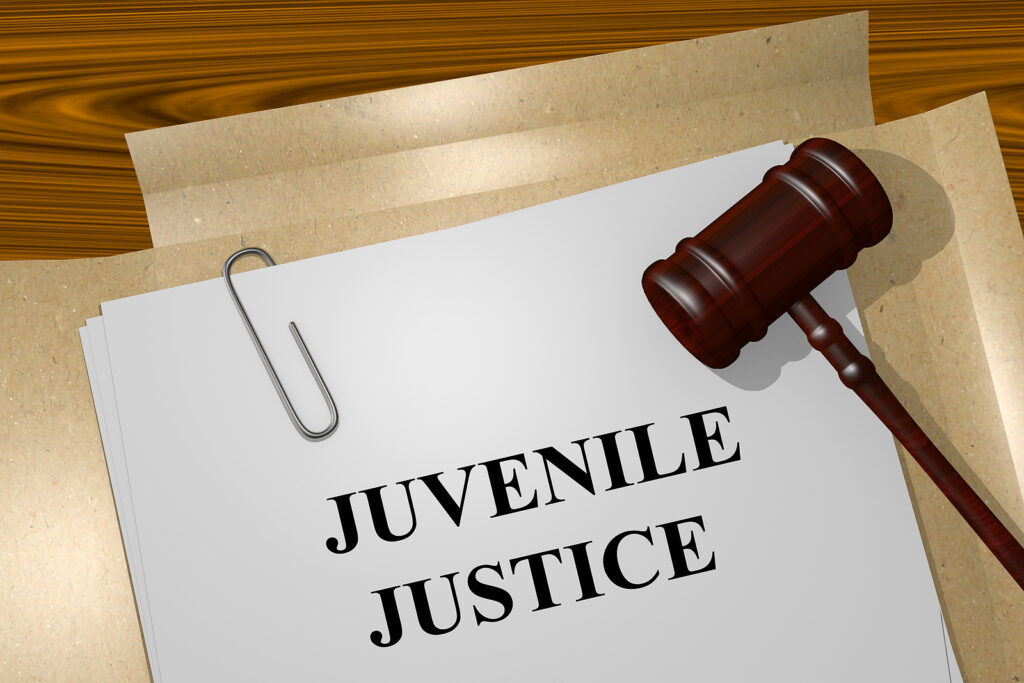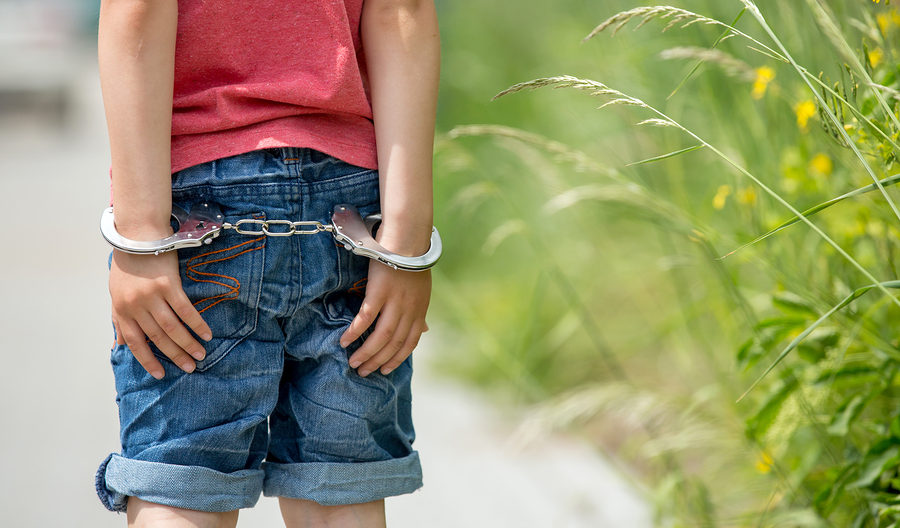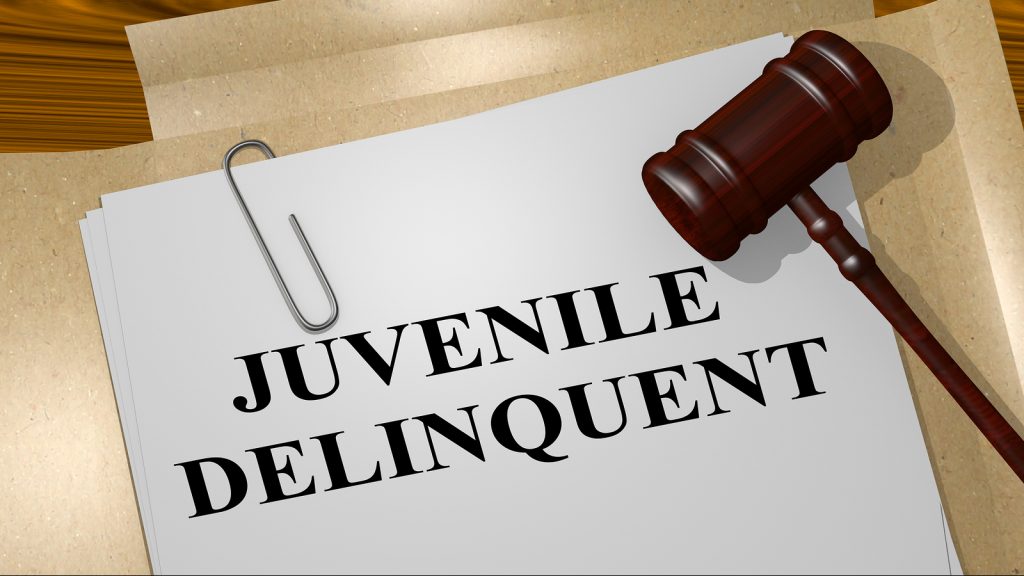Although your teenager is still juvenile under the eyes of the law, they may not be tried as one if they are charged with a crime. Sometimes, juveniles end up in adult criminal court, where penalties are more severe and longer-lasting. If your kid has just been arrested and charged with a criminal offense in Indiana, you may wonder if they will be tried as an adult or a juvenile.
Continue reading to learn the top three ways a juvenile is tried in adult court and how to protect your child from receiving the maximum penalties for their Indiana criminal charges.

Juveniles 16 Year of Age or Older May Be Tried as an Adult
Although a juvenile is a minor under 18 years old according to both Federal and state laws, in criminal cases, teenagers between the ages of 16 and 17 years old are those who would typically be considered for adult court; but only under specific circumstances.
Even the Supreme Court recognizes that juveniles are not yet matured, and do not retain the proper emotional intelligence or impulse control to fully understand the wrongfulness of their crimes, nor the foreseeable consequences.
For this reason, there are juvenile courts that are specifically tailored to juvenile criminal cases and juvenile rehabilitation. However, there are ways for prosecuting attorneys to treat juveniles like adults in adult criminal court.
A prosecutor’s office has three methods of doing this:
❶ Direct File – They can seek to directly file the juvenile in the adult court, which does not require any sort of juvenile court hearing for approval, nor does the judge have any say-so in the prosecution’s decision. In order for prosecution to directly file a juvenile’s criminal charges in adult court, the criminal charge must fall under IC 31-30-1-4. Examples of charges on this list include attempted murder, murder, rape, kidnapping, robbery with a deadly weapon, robbery that causes serious bodily injury, and carrying a gun at school without a license.
❷ Waive to File – IC 31-30-3 allows prosecution to seek to waive charged juveniles to adult court. This differs from a direct file procedure because the motion must be filed and adjudicated in juvenile court first. Also, judges to have discretion in the decision. The 3 kinds of waivers include Discretionary, Presumptive, and Mandatory waivers. The waiver chosen depends on the age and nature of criminal charge.
❸ Prior Successful Waiver/Subsequent Felony Charge – A prior successful waiver and subsequent felony charge is the third method of bringing charges against a juvenile offender in adult court, which is allotted under IC 31-30-1-2. If the juvenile is charged with a felony but was previously waived to adult court for a prior charge, prosecution will automatically file their new charges in adult court. However, if the juvenile’s new charges are on a misdemeanor level, and they were previously waived to adult court on felony charges, they will NOT automatically be turned over to the adult criminal justice system.
Hire an Indiana Criminal Lawyer for Superior Legal Protection
This information and Indiana Codes are confusing to anyone who is not well-versed in state and federal criminal law. It is vital to discuss all of your criminal charge and conviction concerns with an experienced criminal defense lawyer in Indianapolis. They have the knowledge and resources to navigate your kid’s criminal defense in a direction that minimizes their charges and subsequent penalties.
Are you looking for an aggressive and skilled criminal defense law firm for your daughter or son’s Indiana or federal criminal charges? Contact the Law Office of David E. Lewis at 317-636-7514 for professional criminal defense in Indianapolis, Indiana. We represent adults, minors, and juveniles all across the state.
You Might Also Like:
Top Indiana Criminal Law Facts Everyone Wants to Know
Advice for Parents Whose Kids Drive Drunk
Can Parents Be Held Liable for their Kids’ Crimes?





